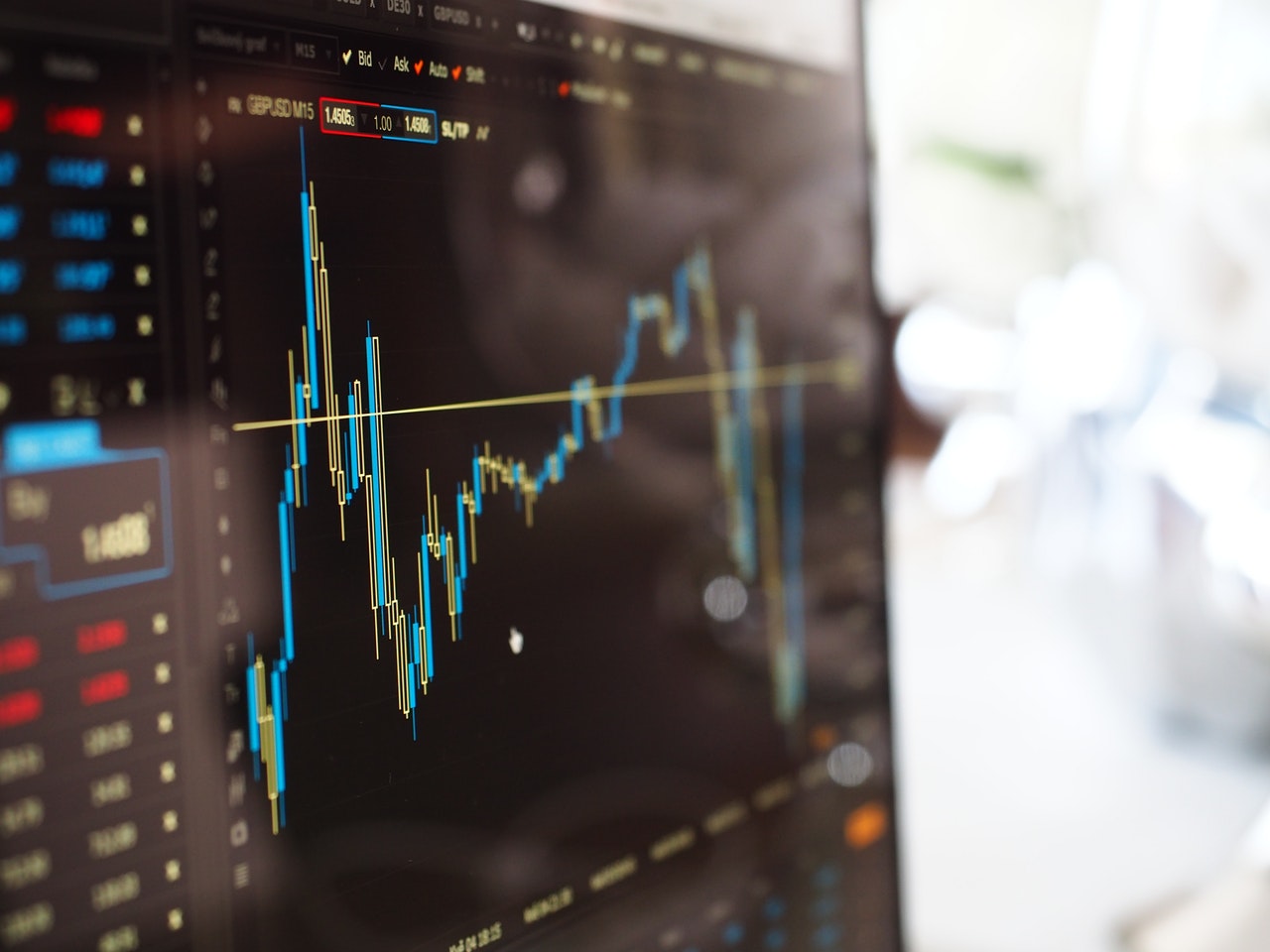Good morning. Here’s what you need to know
-
BoZ begins payments to depositors of failed Investrust Bank, terminates interests of all shareholders
-
United Nations activates $5.5 million support to Zambia to address drought concerns
-
Zambia records K2.7 billion trade surplus, as inflation rises 13.8%
-
US economic growth slows but inflation grows
In Local Business and Finance News
President Hakainde Hichilema arrived safely in Dar es Salaam to partake in the 60th Anniversary celebrations marking the birth of the United Republic of Tanzania. Welcomed at Julius Nyerere International Airport by Tanzanian Minister of Mines and Mineral Development Anthony Mavunde, President Hichilema’s visit comes at the invitation of his counterpart, President Samia Suluhu Hassan. Scheduled for April 26th, 2024, at Uhuru Stadium, the anniversary holds particular significance, commemorating the union of the Republic of Tanganyika and the People’s Republic of Zanzibar, forged in 1964 by the visionary leadership of Mwalimu Julius Kambarage Nyerere and Sheikh Abeid Amani Karume. This amalgamation,a rarity in global history,birthed the United Republic of Tanzania. Joining leaders from Burundi, Malawi, Kenya, Ethiopia, and Uganda, President Hichilema is expected to engage in bilateral discussions before returning home promptly after his commitments. Read more: Lusaka Times
The United Nations (UN) has activated an allocation of up to US$5.5 million to support Zambia’s response to an unprecedented drought. The allocation has been activated through the Central Emergency Response Fund (CERF), according to Acting UN Resident Coordinator in Zambia, Penelope Campbell. Campbell in a statement issued in Lusaka on Friday, noted that the drought had left about 7.5 million people in 84 districts in need of assistance, with the majority being women and children. She said the funding was subject to completion of necessary formalities by UN agencies in Zambia that are delivering as one in supporting the government-led efforts to provide humanitarian and lifesaving assistance to affected populations. “The CERF funds will help in providing emergency food aid, distributing clean and safe water, protection and delivering healthcare services to address drought-related health risks, among other needs,” Campbell stated. She noted that the support would also help to strengthen resilience in drought-affected communities to mitigate or avoid the humanitarian impacts of the drought and ensure that emergency relief enhances sustainability. Read more: Zambia Monitor
The Bank of Zambia has announced its initial payment of up to K500,000 per account to Investrust Bank PLC in Possession depositors, effective April 26. The Central Bank added that that depositors with balances of up to K30,000 would have to go to designated branches of Investrust Bank PLC In Possession and listed branches of Zambia National Commercial Bank. In a notice made available to Zambia Monitor by the BoZ Assistant Director-Communications, Besnat Mwanza, it said that payments to the depositors would run from April 26 to May 10, 2024. Mwanza further stated that due to logistical arrangements, payments for depositors in Lumwana, Luangwa, and Chililabombwe would commence on April 27, 2024. “All depositors are advised to have details of the alternative accounts to which the funds may be sent,” she said. Read more: Zambia Monitor
Zambia’s annual inflation rate has surged to 13.8 percent in April 2024 due to price movements of selected food items. This is as the country recorded K2.7 billion trade surplus. Giving an overview of the country’s statistics, Zambia Statistical Agency (ZamStats) Statistician General, Mulenga Musepa, stated that the annual inflation for April, 2024 increased to 13.8 percent from 13.7 percent recorded in March, 2024. This meant that on average, prices of goods and services increased by 13.8 percent between March 2023 and March, 2024. Addressing journalists in Lusaka on Thursday, Musepa said that annual food inflation for April, 2024 was recorded at 15.7 percent compared to 15.6 percent the previous month. This, he said, meant on average prices of food items increased by 15.7 percent between April, 2023 and April, 2024. Musepa noted that the outturn was mainly attributed to increase in price movements of bread and cereals, (breakfast & roller mealie meal, maize grain, samp, rice, bread, bun, fritters) meat, chicken, vegetables, cooking oil and sugar. Read more: Zambia Monitor
Commerce, Trade and Industry Minister Chipoka Mulenga has disclosed that feasibility studies for the electric battery manufacturing plant have been concluded. In April 2022, Zambia and the Democratic Republic of Congo signed cooperating agreements to venture into electric battery manufacturing. In August last year, Mulenga updated the nation that feasibility studies for the venture were 45 percent done, disclosing that FQM’s Enterprise Nickel Mine in Kalumbila District had given abundant raw materials for the electric car battery manufacturing. On Wednesday, Mulenga told News Diggers that his team had concluded its study and would next week update President Hakainde Hichilema on the conclusion of the study. Read more: News Diggers
In International News
The US economy grew by less than forecast in the first three months of this year but inflation gathered pace, which could delay an interest rate cut. Official figures revealed the economy expanded at an annualised rate of 1.6%, far below expectations and the growth seen in the final months of 2023. Meanwhile, inflation, which measures the pace of price rises, has increased. At the start of the year, experts had been forecasting a series of interest rate cuts in the US. However, inflation is yet to fall back to the Federal Reserve’s 2% target, and on Thursday, figures from the US Department of Commerce showed that inflation increased by 3.4% in the first three months of 2024. This is compared to an increase of 1.8% in the final three months of 2023. Read more: BBC News
TikTok’s Chinese parent company ByteDance says it has no intention of selling the business after the US passed a law to force it to sell the hugely popular video app or be banned in America. “ByteDance doesn’t have any plans to sell TikTok,” the company posted on its official account on Toutiao, a social media platform it owns. TikTok did not immediately respond to a request for comment from the BBC.mEarlier this week, TikTok said it would challenge in court the “unconstitutional” law. Read more: BBC News
Google and Microsoft have reported double-digit profit increases, buttressing the case for the tech giants’ heavy investment in artificial intelligence (AI). The quarterly results announced on Thursday by Google parent Alphabet and Microsoft came in ahead of expectations, sending their shares 11 percent and 4 percent higher, respectively, in after-market trades. Alphabet reported a profit of $23.7bn in the first three months of the year, a rise of 57 percent. The Silicon Valley giant also announced its first-ever dividend, at $0.20 per share. Google chief Sundar Pichai said AI text-to-image model Gemini had helped drive the company’s solid earnings. “Our leadership in AI research and infrastructure, and our global product footprint, position us well for the next wave of AI innovation,” Pichai said. Microsoft reported a quarterly profit of $21.93bn, up 20 percent. Read more: Al Jazeera
Mining giant Anglo American on Friday rejected a takeover bid from rival BHP Group, saying the offer “significantly undervalues” the company and its future prospects. Australia-based BHP on Thursday said it had made an all-share takeover offer which valued the smaller company at £31.1 billion ($38.9 billion). The takeover would have created the world’s largest mining company, according to a Reuters analysis. Shares of Anglo American were trading down 0.5% at 9:00 a.m. London time, while other mining stocks rose. In a statement, the British miner said that board members had unanimously rejected BHP’s “unsolicited, non-binding and highly conditional” proposal. Anglo American’s Chairman Stuart Chambers dismissed the bid as “opportunistic.” Read more: CNBC
Asia was the most disaster-hit region in the world last year as extreme weather and climate threats intensified amid global warming, according to the World Meteorological Organization, the UN’s weather agency. “Many countries in the region experienced their hottest year on record in 2023, along with a barrage of extreme conditions, from droughts and heatwaves to floods and storms,” said WMO Secretary-General Celeste Saulo said in a report released this week. More than 9 million people on the continent were affected by the floods and storms, leading to over 2,000 casualties. Meanwhile, a trend of increased heat waves in the region continued. “Climate change has exacerbated the frequency and severity of such events, profoundly impacting societies, economies and, most importantly, human lives,” Saulo added. The report warned that key climate change indicators, such as surface temperature, glacier melting, and sea level rise, signaled worsening conditions and the need for greater disaster risk prevention in Asia. Read more: CNBC
The Japanese yen slid to over 156 against the U.S. dollar on Friday after the Bank of Japan left its benchmark interest rate unchanged. The BOJ kept its benchmark policy rate at 0%-0.1% as expected. Japan’s central bank also said it will continue to conduct bond purchases in line with the March decision. The yen touched fresh lows following the decision, hitting 156.79 against the U.S. dollar in afternoon trading. Tokyo’s headline inflation rate for April came in at 1.8%, slowing from the 2.6% in March. Core inflation in the capital — which strips out prices of fresh food — sharply fell to 1.6% from March’s 2.4%, missing expectations of 2.2% from economists polled by Reuters. Tokyo inflation data is widely considered as a leading indicator of nationwide trends. Read more: CNBC








